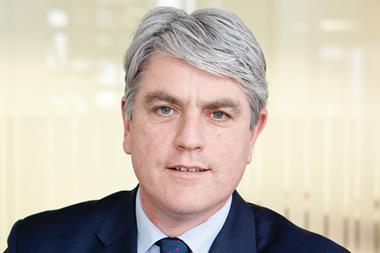St Modwen and two local councils are negotiating over the £35m contribution to infrastructure works the developer is due to make as part of its regeneration plans at former MC Rover Works site at Longbridge, near Birmingham.
A planning committee report submitted to Birmingham City Council last week said that the council recognised that the payments could be renegotiated as ‘market conditions can influence the viability of a project and therefore that negotiations will have to take place over our AAP [area action plan] requirements.’
As such, wording in the plan had been changed regarding the £35m infrastructure contribution – the Longbridge Infrastructure Tariff – St Modwen was due to make alongside its section 106 contribution to Birmingham and Bromsgrove District Council. The report also said that some public funding would be needed to deliver the AAP.
The developer said it had suggested that it would not pay the entire £35m tariff up front – suggesting instead it would pay £18m, with further contributions.
St Modwen senior development manager Mike Murray said: ‘The accepted amendments to the Longbridge Area Action Plan, put forward by Birmingham City Council, recognise that market conditions do fluctuate and can therefore impact on the viability of the development. They also highlight that should this be the case at the time planning applications are submitted, then the Local Authority should work with St. Modwen to determine an acceptable contribution to the Longbridge Infrastructure Tariff (LIT) which will enable those aspects of the scheme reliant on the Tariff to progress.
‘St. Modwen is fully committed to the £1 billion regeneration of Longbridge and we are passionate about making a positive difference to this area. Regardless of the ongoing discussions regarding the LIT, we are committed to delivering infrastructure works and three public parks amounting to more than £40 million. We continue to work closely with the planning committee and have simply suggested that the tariff is not paid in its entirety up front, but that an initial payment is made and the balance is then paid throughout the 15 year lifespan of the project.’





























No comments yet